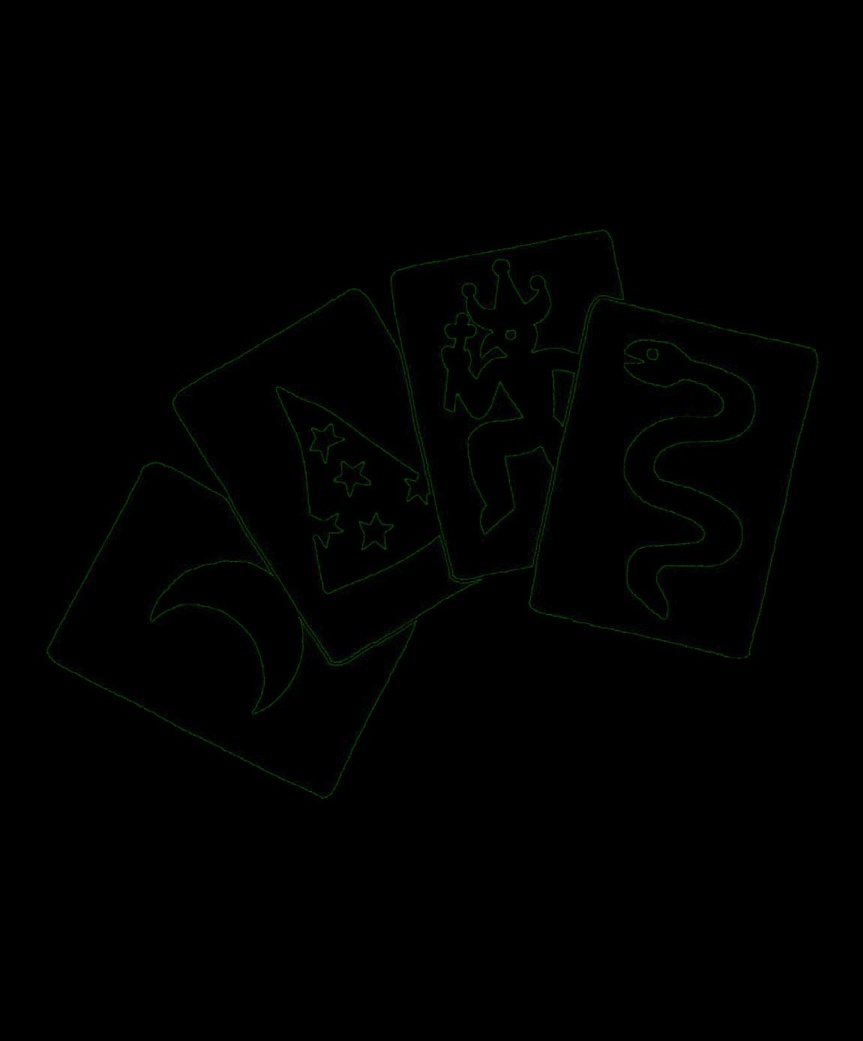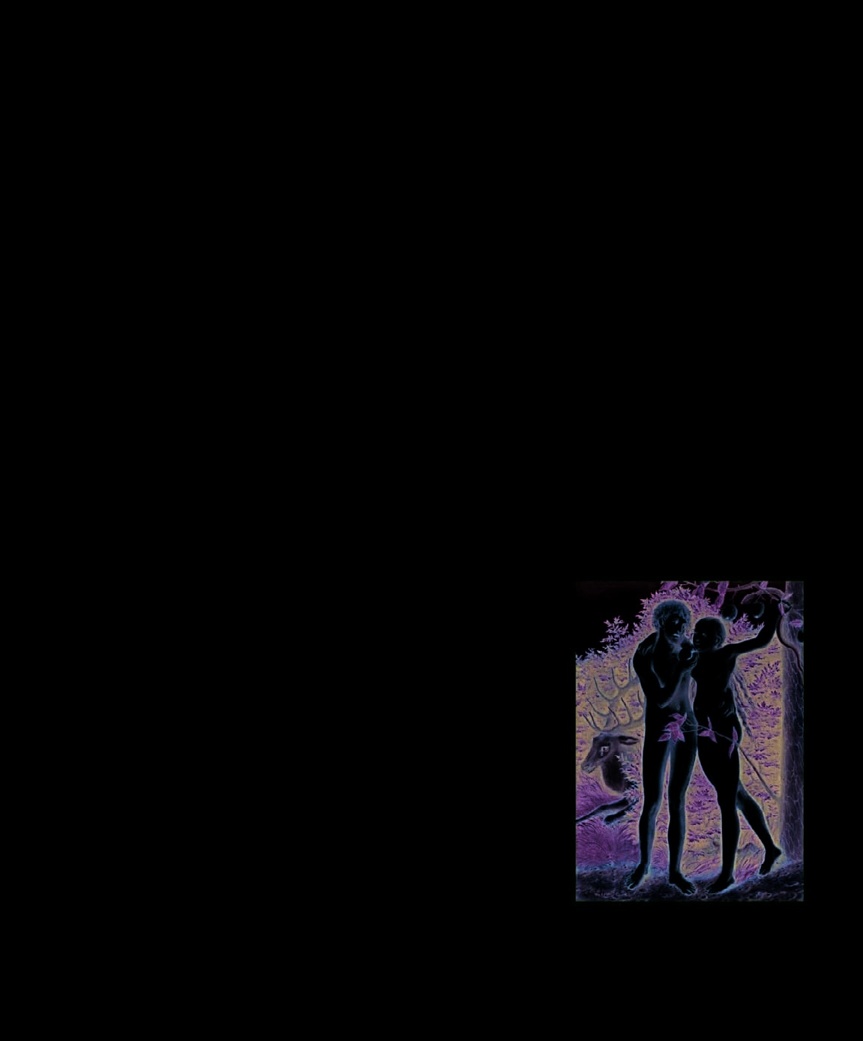The Psychology Book (33 page)
Read The Psychology Book Online
Authors: Unknown

PSYCHOTHERAPY 101
See also:
Karen Horney 110 ■ Eric Fromm 124–29 ■ Abraham Maslow 138–39 ■
Rollo May 141 ■ Albert Ellis 142–45
because they are constantly
surrounded by stronger, more
powerful people with greater
abilities. A child generally seeks
to emulate and achieve the abilities
of its elders, motivated by the
surrounding forces that propel him
toward his own development and
accomplishments.
Children and adults with a
healthy and balanced personality
Alfred Adler
gain confidence each time they
realize that they are capable of
After coming close to death
from pneumonia at the age of
meeting external goals. Feelings of
five, Alfred Adler expressed a
inferiority dissipate until the next
wish to become a physician.
challenge presents itself and is
Growing up in Vienna, he
overcome; this process of psychic
went on to study medicine,
A paralympic athlete
may be driven
growth is continual. However, an
branching into ophthalmology
by a powerful desire to overcome her
individual with a physical inferiority
before finally settling with
disabilities and reach greater levels of
may develop more generalized
psychology. In 1897, he married
physical achievement. Adler described
feelings of inferiority—leading to
Raissa Epstein, a Russian
this trait as “compensation.”
an unbalanced personality and
intellectual and social activist,
what Adler termed an “inferiority
and they had four children.
began early in his career, when
complex,” where the feelings of
Adler was one of the original
he worked with patients who had
inferiority are never relieved.
members of the Freudian-
physical disabilities. Looking at
Adler also recognized the
based Vienna Psychoanalytical
the effects that disability had on
equally unbalanced “superiority
Society and the first to depart
achievement and sense of self, he
complex,” manifested in a constant
from it, asserting that
individuals are affected by
found huge differences between
need to strive toward goals. When
social factors as well as the
his patients. Some people with
attained, these goals do not instil
unconscious drives that Freud
disabilities were able to reach high
confidence in the individual, but
identified. After this split in
levels of athletic success, and Adler
merely prompt him to continually
1911, Adler flourished
noted that in these personalities,
seek further external recognition
professionally, establishing his
the disability served as a strong
and achievements. ■
own school of psychotherapy
motivational force. At the other
and developing many of
extreme, he witnessed patients
psychology’s prominent
who felt defeated by their disability
concepts. He left Austria in
and who made little effort to improve
1932 for the US. He died of a
their situation. Adler realized that
heart attack while lecturing at
the differences came down to how
Aberdeen University, Scotland.
these individuals viewed themselves:
To be human is to
in other words, their self-esteem.
Key works
feel inferior.
Alfred Adler
1912
The Neurotic Character
The inferiority complex
1927
The Practice and Theory
According to Adler, feeling inferior
of Individual Psychology
is a universal human experience
1927
Understanding Human
that is rooted in childhood.
Nature
Children naturally feel inferior

THE COLLECTIVE
UNCONSCIOUS
IS MADE UP OF
CARL JUNG (1875–1961)
ARCHETYPES


104 CARL JUNG
IN CONTEXT
Myths and symbols
are strikingly similar in cultures around
APPROACH
the world and across the centuries.
Psychoanalysis
BEFORE
1899
Sigmund Freud explores
the nature of the unconscious
and dream symbolism in
The
Therefore, they must be a result of the
knowledge and
Interpretation of Dreams
.
experiences we share
as a species.
1903
Pierre Janet suggests
that traumatic incidents
generate emotionally charged
beliefs, which influence an
The memory
of this shared experience is held…
individual’s emotions and
behaviors for many years.
AFTER
1949
Jungian scholar Joseph
Campbell publishes
Hero With
a Thousand Faces,
detailing
…in the form of
archetypes
—
…in the
collective
symbols that act as
archetypal themes in literature
unconscious
,
which is part
organizing forms for
from many different cultures
of each and every person.
behavioral patterns.
throughout history.
1969
British psychologist
John Bowlby states that
human instinct is expressed
as patterned action and
Each of us is born with the innate tendency to use
thought in social exchanges.
these archetypes to
understand the world
.
S
igmund Freud introduced the despite being culturally very
unconscious exists within each of
idea that rather than being
different. They share an uncanny
us, which is not based on any of our
guided by forces outside
commonality in their myths and
own individual experiences—this
ourselves, such as God or fate, we
symbols, and have for thousands of
is the “collective unconscious.”
are motivated and controlled by the
years. He thought that this must be
The commonly found myths and
inner workings of our own minds,
due to something larger than the
symbols are, for Jung, part of this
specifically, the unconscious. He
individual experience of man; the
universally shared collective
claimed that our experiences are
symbols, he decided, must exist as
unconscious. He believed that the
affected by primal drives contained
part of the human psyche.
symbols exist as part of hereditary
in the unconscious. His protégé,
It seemed to Jung that the
memories that are passed on from
the Swiss psychiatrist Carl Jung,
existence of these shared myths
generation to generation, changing
took this idea further, delving into
proved that part of the human
only slightly in their attributes
the elements that make up the
psyche contains ideas that are held
across different cultures and time
unconscious and its workings.
in a timeless structure, which acts
periods. These inherited memories
Jung was fascinated by the way
as a form of “collective memory.”
emerge within the psyche in the
that societies around the world
Jung introduced the notion that one
language of symbols, which Jung
share certain striking similarities,
distinct and separate part of the
calls “archetypes.”

PSYCHOTHERAPY 105
See also:
Pierre Janet 54–55 ■ Sigmund Freud 92–99 ■ Jaques Lacan 122–23 ■ Steven Pinker 211
and the collective unconscious.
Jung believes that the self has
The ego, he says, represents the
both masculine and feminine
conscious mind or self, while the
parts, and is molded into
personal unconscious contains
becoming fully male or female by
the individual’s own memories,
society as much as biology. When
including those that have been
we become wholly male or female
The personal
suppressed. The collective
we turn our backs on half of our
unconscious rests upon a
unconscious is the part of the
potential, though we can still
deeper layer… I call the
psyche that houses the archetypes.
access this part of the self through
collective unconscious.
an archetype. The Animus exists
Carl Jung
The archetypes
as the masculine component of the
There are many archetypes, and
female personality, and the Anima
though they can blend and mold
as the feminine attributes of the
into each other in different cultures,
male psyche. This is the “other
each of us contains within us the
half,” the half that was taken from
model of each archetype. Since we
us as we grew into a girl or boy.
use these symbolic forms to make
These archetypes help us to
Ancient memories
sense of the world and our
understand the nature of the
Jung believes that the archetypes
experiences, they appear in all
opposite sex, and because they
are layers of inherited memory, and
human forms of expression, such
contain “deposits of all the
they constitute the entirety of the
as art, literature, and drama.
